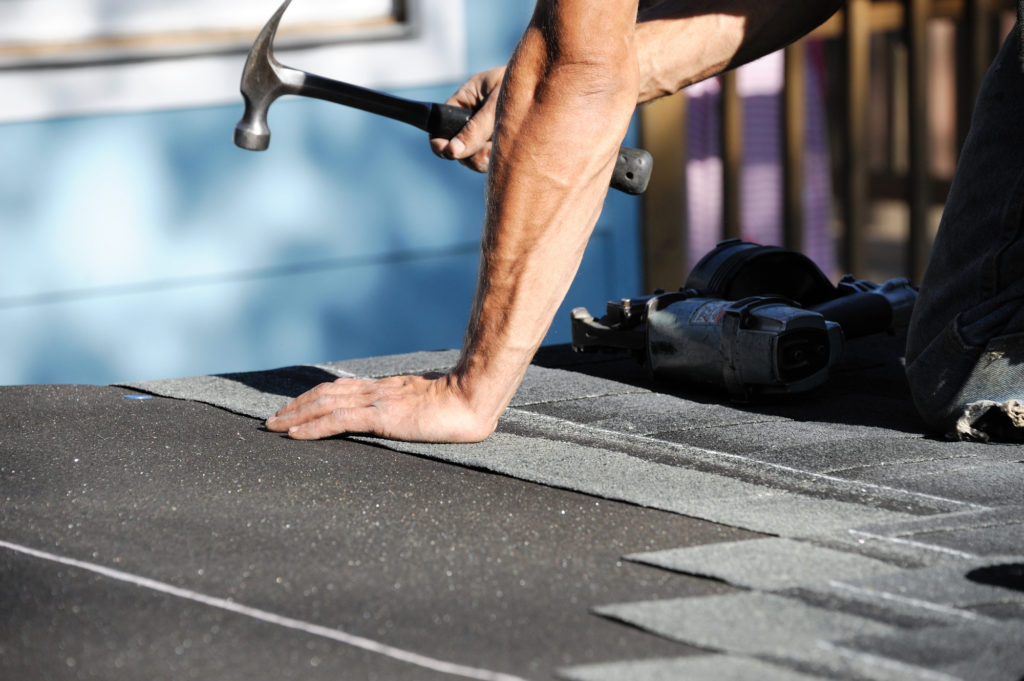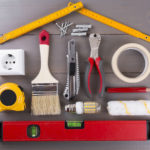
On average, homeowners spend $168 per month on home repairs and maintenance.
From a broken dishwasher to a furnace that is pushing out cold air, typical repairs average out to $100 per visit. While there are some things you shouldn’t attempt to fix on your own. There are many basic home repairs you can and should do on your own.
Read on to learn how to get better at fixing things so you can save yourself some money.
Look at the Manual
Many people get a new appliance and throw the manual in a junk drawer and never look at it again.
You might be surprised what you learn from reading the manual. These handy repair manuals often contain common problems and how to troubleshoot them.
If nothing else, it will have a detailed diagram of the appliance that names each part. That way at least you know what part you need if you have to buy a new piece.
The manual also contains useful information such as the model number. It will list the replacement cartridges or filters that the unit needs.
Start Small
Getting good at fixing stuff requires you to do more than just watch YouTube videos. You actually have to do it to learn how.
Don’t bite off more than you can chew. Start with small projects that you can reasonably finish in under an hour. Choose little things around the house that aren’t major issues to get you into DIY mode.
For example, fixing the handle on a toilet that is loose, patching a hole in the wall, and unclogging a sink. These are all simple home repairs that you can tackle without getting in over your head.
Plus, they will give you a great “I can fix it” euphoria afterward. Then as your confidence grows, you can move on to more challenging projects like replacing a toilet and garage door repair.
If you get stuck, look online at appliance repair forums for help.
Observe the Repair Person
When a technician is in your home fixing some problem, don’t just leave him or her to and walk away. Stand around and watch.
Sure, it may feel like you don’t trust them in your house. But not if you act interested and ask questions. After all, the tech probably loves tinkering and fixing if he or she is in that line of work.
They are usually happy to talk you through what they are doing and why. Make sure you make it clear that you are just interested. That way they don’t feel that you suspect they aren’t doing their job properly.
Then, next time you have an issue with that piece of equipment, you’re more confident in giving repairs a go.
Check out these ultimate plumbing tips from the experts.
Final Thoughts
Remember, no one starts off magically knowing how to be good at fixing things. It takes time and effort to get good at anything. But it is worth the effort.
Inspired to give it a go? Check out these 10 simple DIY home renos anyone can do.

